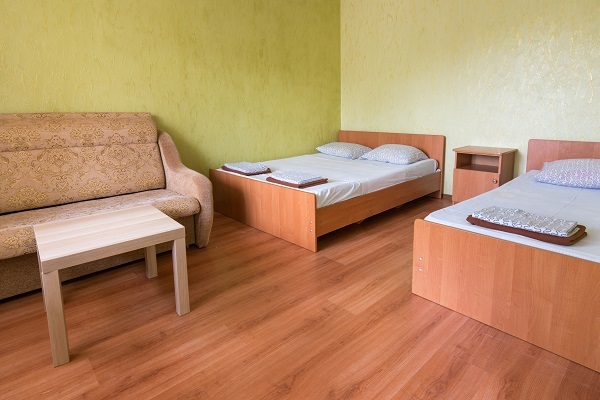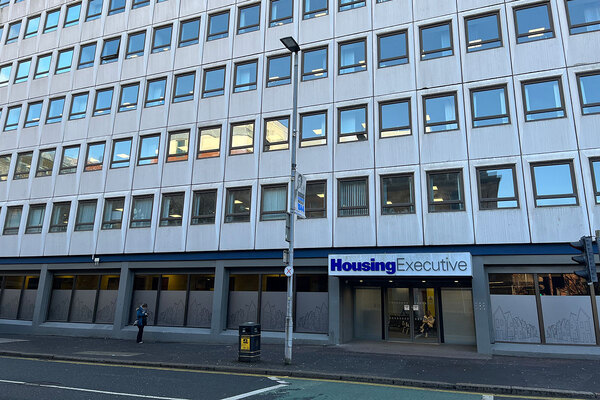You are viewing 1 of your 1 free articles
NAO: government failed to look at impact of welfare reforms on homelessness
The government has been blasted for a “light touch” approach to homelessness and a lack of attention to the impact of its welfare reforms on the issue in a damning report by the public sector spending watchdog.
In a report published this morning, the National Audit Office (NAO) said the Department for Work and Pensions (DWP) has not assessed the impact of welfare reforms on homelessness since 2012 despite further reforms made since then.
It said changes to Local Housing Allowance – which regulates how much benefit can be claimed in the private rented sector – have partly driven rising homelessness by making rents less affordable for more households.
It also found that although the Department for Communities and Local Government (DCLG) is responsible for dealing with homelessness, it has taken a “light touch” approach to working with councils, even while homelessness has soared.
There has been a 60% increase in people living in temporary accommodation since 2011, with 77,240 households living in this accommodation at March 2017. There has also been a 134% increase in rough sleepers since 2010.
The report said: “It is difficult to understand why the department persisted with this approach in the face of such a visibly growing problem.”
Although all councils are legally required to have a homelessness strategy, DCLG does not look at the content of these or monitor their progress, the report said. Previously DCLG has been more “interventionist” when homelessness has started to rise.
The government is also not evaluating how councils are using Discretionary Housing Payments (DHPs), a pot of funding that provides crisis payments to households in a bid to mitigate the worst impacts of welfare reforms.
DWP increased DHP funding to councils across the UK from £20m in 2010/11 to £165m in 2014/15. But while DWP has commissioned research on how councils are using DHPs, it has not evaluated the effectiveness of how the funding is used.
As councils spend more on temporary accommodation, spending on overall housing services has fallen by 21% since 2010. This includes a 59% decrease in Supporting People funding, which is designed to help vulnerable people live independently in their homes.
The NAO said the £998m reduction in spending on other housing services has largely been taken from the Supporting People Programme, with spending falling from £1.44bn to £588m since 2010.
Although DCLG has set up a ministerial working group on tackling homelessness, the NAO said there was only evidence of three meetings since May 2015. This group is meant to meet every three months. There was no evidence of what actions had been agreed by the group at these meetings and what would change as a result. Other government departments that attend the meetings said its work remains “nascent”.
The NAO also warned over the rising proportion of homeless households being placed in temporary accommodation outside their local authority, which increased from 13% in March 2011 to 28% in March 2017. Almost 90% of these households are from London boroughs.
In response John Healey, Labour’s shadow secretary of state for housing, said: “This report from the government’s spending watchdog should shame ministers. When this government falls, rising homelessness will be on its political tombstone.
“The increase in homelessness since 2010 is visible in almost every town and city in the country but today’s report shows ministers haven’t even bothered to draw up a proper plan to deal with it.
“It is one thing to try and fail, [but] ministers are not even making a serious attempt to get to grips with rising homelessness.”
A DCLG spokesperson said: “Tackling homelessness is a complex issue with no single solution, but this government is determined to help the most vulnerable in society. We’re investing £550m to 2020 to address the issue and implementing the most ambitious legislative reform in decades, the Homelessness Reduction Act. This act means more people get the help they need earlier to prevent them from becoming homeless in the first place.
“Our welfare reforms restore fairness to the system with a strong safety net in place to support the most vulnerable, including £24bn through the housing benefit.”










